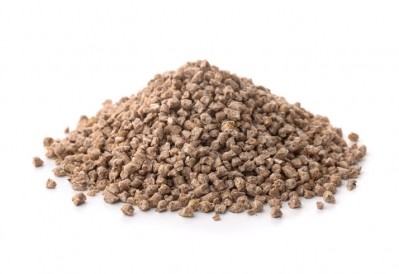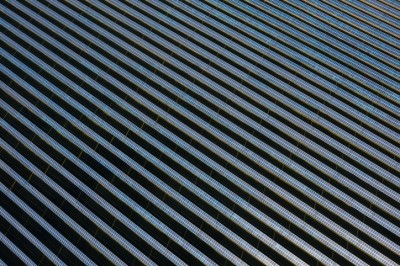Balancing feed form and mill throughput

Anitox says it is about delivering faster moisture penetration into meal during conditioning to achieve optimum conditioning in the shortest possible conditioning time.
Matt Oldnall, technical services manager, EMEA/AP, at that company, explained further:
Optimizing feed nutritional values puts the focus on feed performance, and that is measured in feed form: more whole pellets at the point of consumption, and fewer fines, which disproportionately contain expensive micronutrients and other post-pellet additives, he said.
Nutrient availability is also important in that respect: ensuring starch in grains is gelatinized sufficiently to ensure its crystalline structures are available for enzyme reactions, leading to better nutrient digestibility at animal level, while controlling active water to ensure feed remains mold-free at the point of consumption, said Oldnall.
“Success in those areas relies on effective meal conditioning, which hinges on both steam quality and time. Optimum steam quality and a longer conditioning time – within boundaries – lead to better moisture penetration, a more gelatinized meal, and ultimately a more durable pellet.
“Maximizing mill throughput, on the other hand, focuses on mill yield, driving the highest possible returns from mill infrastructure and delivering sufficient volumes of feed – particularly in integrated operations – to meet the needs of poultry and swine operations,” he added.
Moisture management
So how can feed manufacturers realize both goals? How do they balance feed form and mill throughput?
Improving mill efficiency and pellet quality while reducing pellet mill energy consumption requires the effective management of moisture by promoting its penetration and retention in feed and feed ingredients, he told FeedNavigator.
“Moisture retained inside feed particles during conditioning and pressing acts as a heat conduit enabling better thermal transfer throughout the meal. Consequently, even distribution of heat through the feed due to the moisture improves starch gelatinization and, therefore, pellet quality.
“Inadequate moisture distribution and absorption leads to increased friction at the die (life-shortening) and consequently higher Delta Ts. In addition, moisture challenges negatively impact pellet quality. High friction at the press can lead to hard, brittle pellets, whereas poor starch gelatinization and protein binding result in soft, breakable pellets.
“Pellet Durability Index (PDI) and throughput are conversely related, and we typically find that the addition of Maxi-Mil [Anitox technology aimed at moisture retention] either improves PDI or maintains high PDI with increased throughput.
“Additional retained moisture in feed acts as a lubricant which facilitates better throughput and reduces power consumption at the press. This leads to overall mill energy savings through less energy demand at the press or increased feed production for the equivalent energy consumption.”
He said trials with operations producing anywhere from 100k-230k metric tons of feed annually have found that implementing the recommended inclusion of Maxi-Mil has enabled them to meet their goals of increased production capacity and reduced energy consumption. “Overall, feed produced in these mills retained more moisture. Moisture retention was enhanced by better pre-conditioning of feed, generating more saleable feed mass. Moreover, improving raw materials' utilization significantly reduces process loss and increases throughput.”










